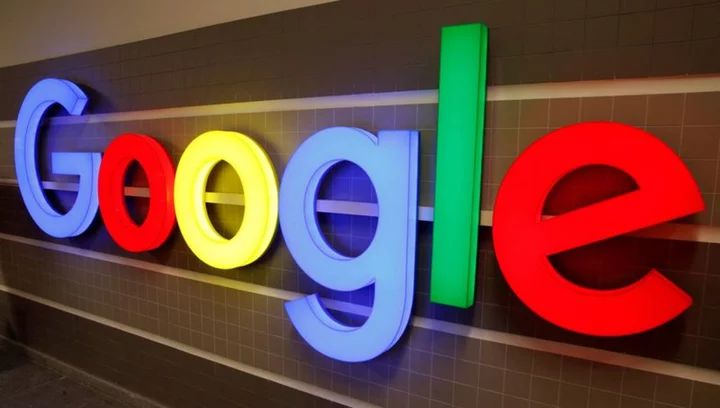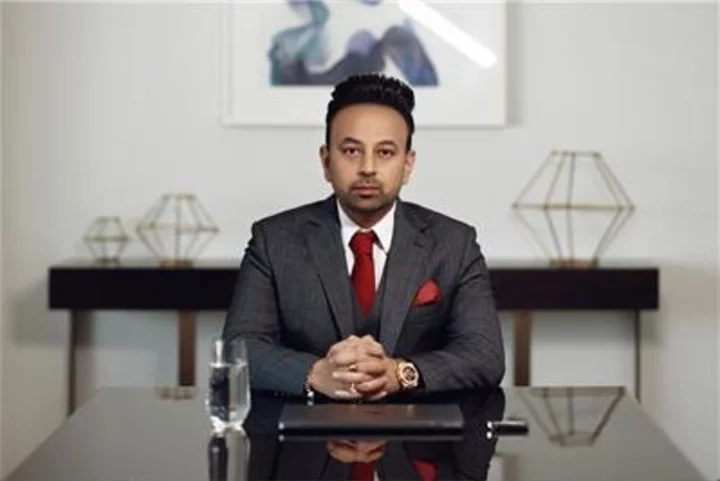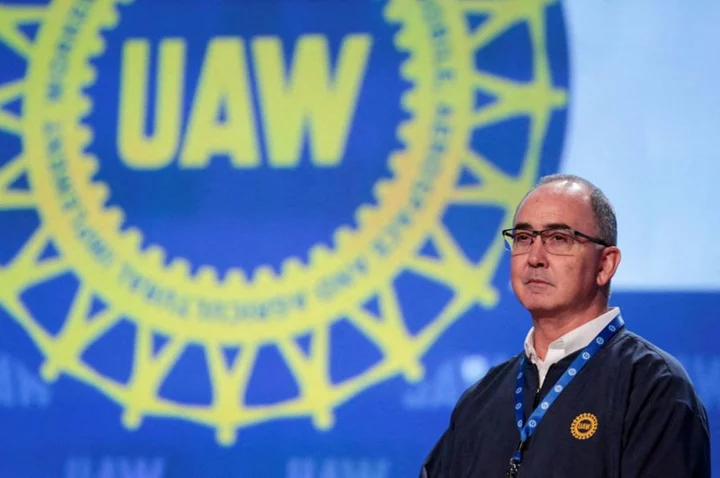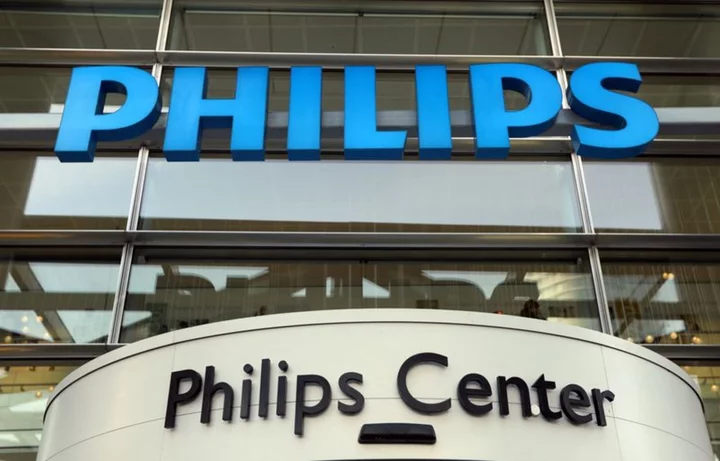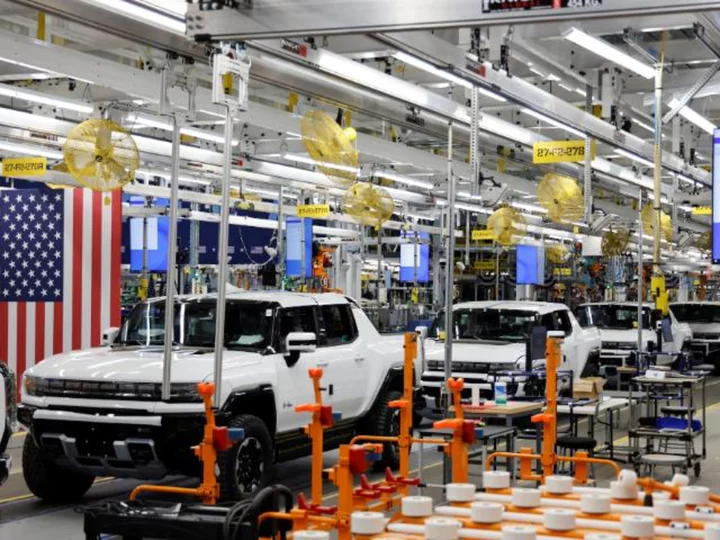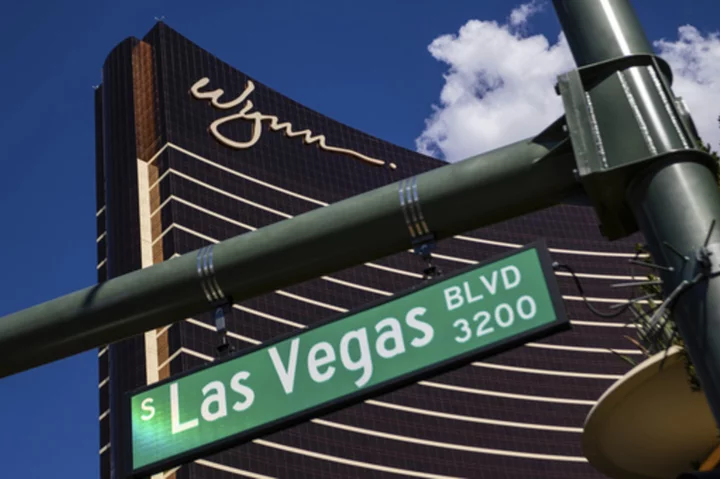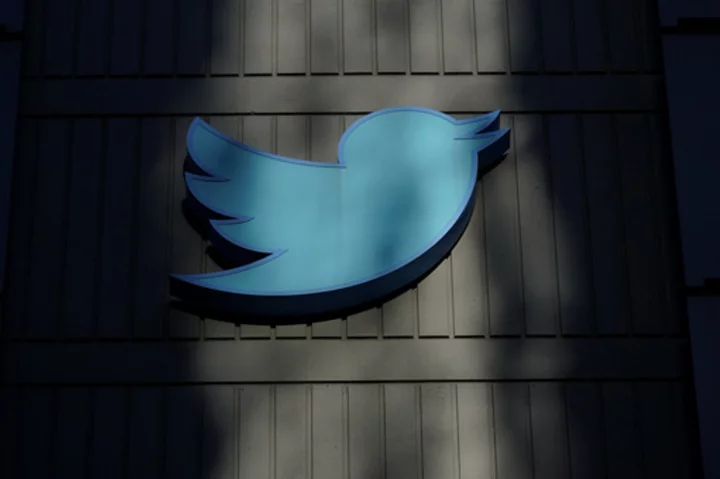By Diane Bartz
WASHINGTON The Justice Department's first witness when the government kicks off the second week of the Google antitrust trial will be a Verizon executive, who will likely face questions about agreements that the search and advertising giant reached with wireless carriers to be the default on their smartphones.
The trial began Tuesday with talk of the "future of the internet" but quickly plunged into the weeds of commercial agreements with Android makers like Motorola and Samsung.
On Monday, the first witness will be Brian Higgins from Verizon who says on his LinkedIn profile that he is a "senior vice president of device and consumer product marketing" who focuses on Verizon's "device, product, and accessory portfolio."
The Justice Department argues that Google agreements with mobile carriers and others worth $10 billion annually to win powerful default positions on smartphones and elsewhere so that it would dominate search to drive up its own profits.
James Kolotouros, a Google executive responsible for negotiating the company's agreements with Android device makers and carriers, testified late in the week that Google pressed Android smartphone makers to have Google as the default search engine and other Google apps pre-installed on their machines.
Under cross-examination from Google's John Schmidtlein, Kolotouros said that Google's goal in writing the contracts was to ensure the Android phones would compete with Apple's "elegance" and give users a predictable experience.
The antitrust fight has major implications for Big Tech, which has spent years being scrutinized by Congress and antitrust enforcers. Companies have been accused of buying or strangling small rivals but has defended itself by emphasizing that its services are free, as in the case of Google, or inexpensive, as in the case of Amazon.com.
Google argues that its search engine is wildly popular because of its quality, and payments to wireless companies or others were compensation for partners.
FUTURE OF THE INTERNET
Once the opening statements about the "future of the internet" were out of the way Tuesday, government lawyers spent the rest of the week wrangling over details. One big question was: Do people stick with defaults on their computers and smartphones or do they switch if they don't like the default?
The government called Antonio Rangel, who teaches behavioral biology at the California Institute of Technology, to argue that people are likely to stick with defaults likes search engines or map apps if they are put on computers and mobile phones. This would show why Google would want to pay to be the default, or exclusive, to win more search queries and make higher profits advertising on them.
In response, Google lawyers Schmidtlein showed data that indicated that users happily stick with Google's search engine when pre-installed on their devices but switch away from Bing or others they like less.
The government also questioned a former Google executive, Chris Barton, who was at Google from 2004 to 2011. Barton said that in its revenue-sharing deals with mobile carriers and Android smartphone makers, Google pressed for its search to be the default and exclusive. If Microsoft's search engine Bing was the default on an Android phone, Barton said, then users would have a "difficult time finding or changing to Google."
Early in the trial, antitrust celebrities like Tim Wu, a former Biden competition advisor, packed the courtroom along with officials from companies that have accused Google of seeking to squash them. By midday Friday, there were empty seats.
(Reporting by Diane Bartz; Editing by Chizu Nomiyama)

